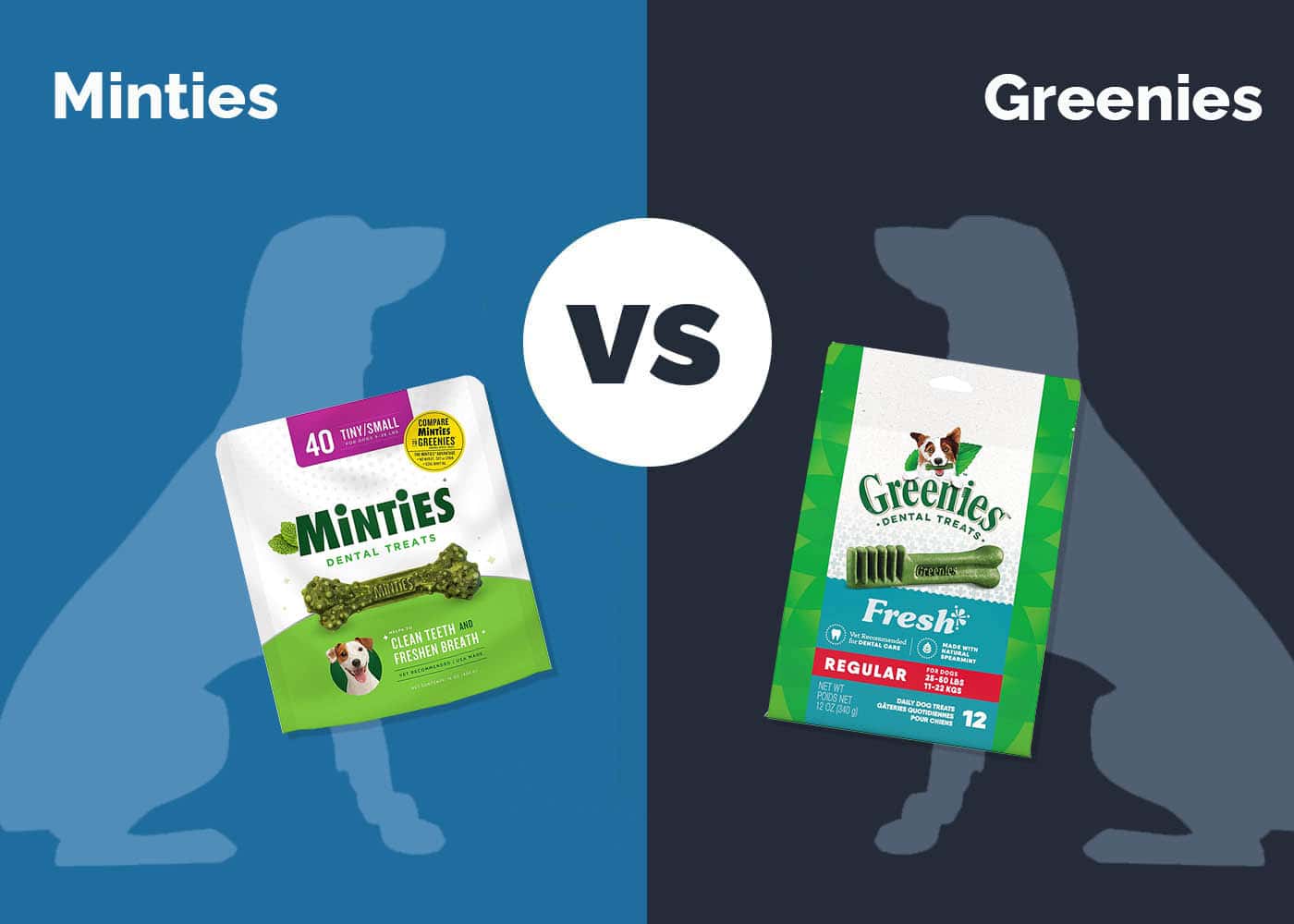How to Keep Dogs Out of Your Yard: 7 Humane Ways
By Oliver Jones
Updated on
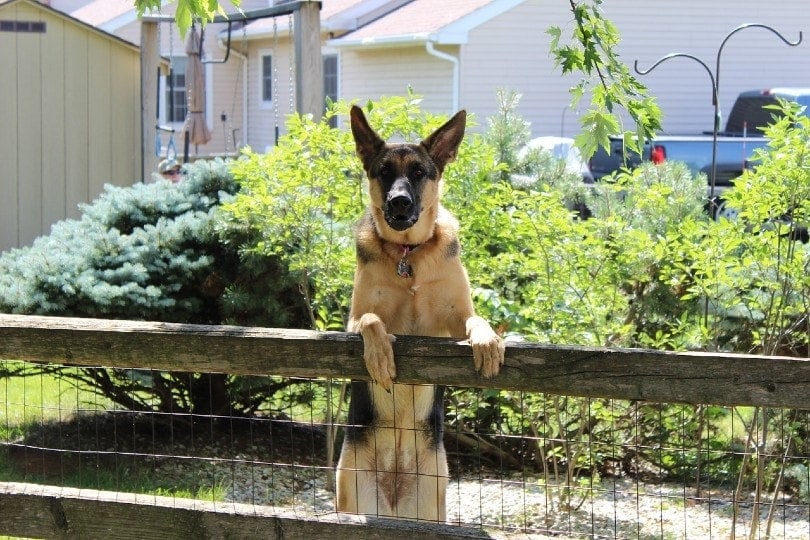
Watching a neighbor’s dog poop in your yard can be frustrating, especially if you want a pet-free yard. Dogs are man’s best friends, and an occasional visit to another yard isn’t problematic if it could be accidental. But you don’t want to clean after another dog’s mess, even if you own dogs too, or deal with an aggressive, off-leash pup.
If you decide to take action, you can do it humanely without harming the dog, your neighbor, or yourself. Here are some methods you can try to keep neighbor dogs out of your yard.
The 7 Tips on How to Keep a Neighbor’s Dog Out of Your Yard
1. Talk to Your Neighbor
Most dog parents don’t know that their pets wander into other people’s yards, and the dogs can escape when they are at work or busy with other matters. This behavior endangers their dogs if they experience a threatening situation like speeding cars, poison, or other violent animals.
So, it’s best to approach your neighbor before you call the authorities or move to more drastic measures. Assume that the pet owner is unaware of the situation and let them know you want to resolve the issue amicably. Let them know your concerns without making threats like legal actions.
They may even be mortified to learn that their animal is a neighborhood nuisance. If the neighbor responds aggressively and it doesn’t work, move on to other options. At least you tried.

2. Review Local Rules Regarding Roaming Dogs
Sometimes, you don’t want to call the authorities, but your neighbor must learn how to deal with their roaming dog. Most neighborhoods have pet regulations and leash laws, and you can check with local animal control agencies to ask them for help.
The agencies will send someone to explain the laws to your neighbor nicely or pick up the animal when it’s on your property. Your neighbor must pay a fine before picking them up from the animal shelter.
However, you may have to live with the consequences as this move can strain your relationship with the neighbor.
3. Get Creative with the Garden
There are ways to make a yard unappealing to dogs without making it unattractive. Try using dog-deterring techniques by planting bushes and trees in specific areas. Planting thorny bushes, like Hollys, near entryways and the dog’s favorite may keep the dog out of your yard.
You can also use plant-based fertilizers to keep your yard healthy without attracting the dogs. Avoid fertilizers like bone meal and fish emulsions since the scent of animal-based fertilizers attracts dogs.

4. Remove Dog Attractions
Another way to deter dogs is to remove objects that arouse a dog’s curiosity. A pup may wander to your garden out of boredom and curiosity and keep coming back after they find something interesting.
You may have to eliminate water sources, including a child’s pool, water bowls, standing water, or a birdbath. Similarly, a dog’s keen sense of will lead them to BBQ grills, open garbage cans, and pet food.
You can put the outdoor playthings in a garage or shed, including your kid’s toys. Also, consider spaying and neutering your dog, especially if she’s a female, so she doesn’t attract male pups. You may also want to clean up your pet’s poop and urine immediately, as it may signal other dogs to investigate.
5. Try the Water Technique
Regular sprinklers help maintain your lawn and yard, but motion-activated water sprinklers have different purposes: to prevent animals from getting to your yard.
A dog’s movement will trigger a motion-sensitive sprinkler to spray water on the approaching pet. A sudden water rush will scare the dogs and prevent other animals, like rabbits and cats, from entering your yard.
The good thing is that these sprinklers can also work as regular sprinklers. However, they are motion-sensitive, and this feature does not exempt you, the mailman, your neighbor’s kids, or your children.
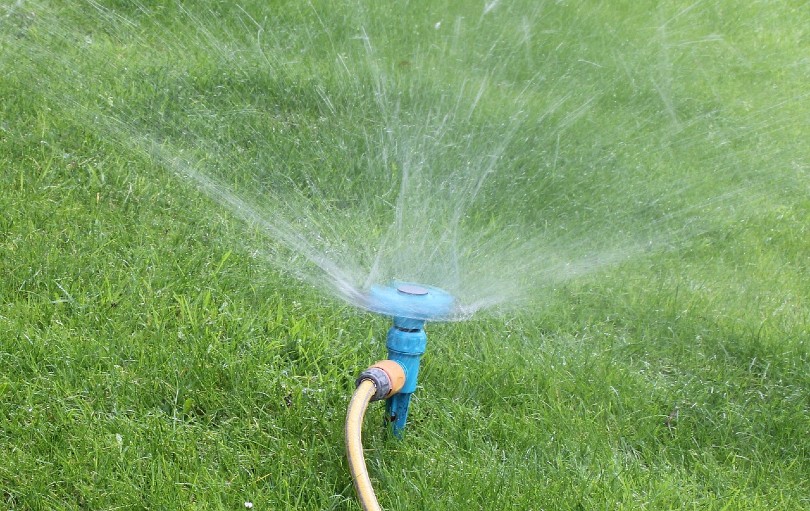
6. Use Dog Repellants
You can also keep dogs away from your yard using commercial repellants. Dogs have good noses and can smell even the faintest odors from afar. Commercial dog repellants contain odors and flavors that dogs find filthy. However, the product’s effectiveness may depend on the dog’s disposition and breed.
You’ll want to apply the chemicals regularly for them to be effective. The products can be granules or liquids, and you can apply them around the perimeter or in the affected area. Just be sure that the repellant is safe for humans, dogs, and plants, and be careful of unintended side effects.
7. Erect a Physical Boundary
The neighbor’s dog may visit your yard because your fence isn’t strong enough or it has several entryways. You can stop this behavior by filling up the holes under your fence or adding more height to it to make it hard to climb. Repairing the whole fence, installing a new one, or using locks can also be helpful.

Why Dogs Go into Other People’s Yards
It’s best to find the root cause of a problem if you want to resolve it. In your case, it’s best to understand why your garden is attracting neighborhood dogs in the first place.
Here’s why dogs go into your yard.
To Explore
Dogs are curious animals and can take it too far when their environment gets too familiar and boring. You would also be curious about how the outside space looks if you were confined in a small space in your home.
They may explore the yard because it has something that interests them, such as food, water sources, or squirrels and rabbits running around. Unfortunately, if your neighbors didn’t train their pup adequately, the urge to explore can be difficult to control.
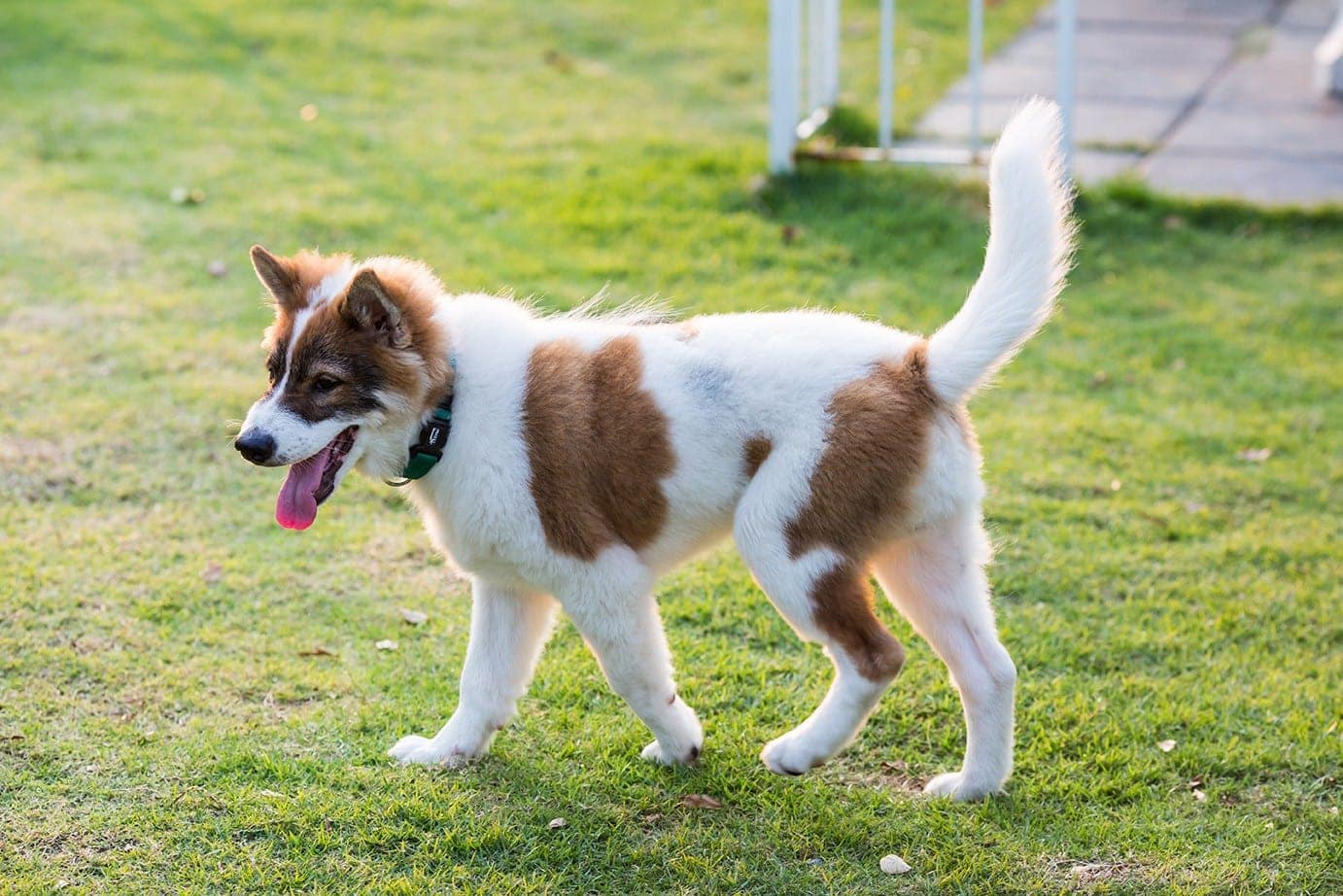
To Look for a Mate
A dog could be in another yard searching for love. Intact male and female dogs in heat may search for mating partners and find themselves in your yard.
The 6 Reasons Why You Should Keep Dogs Out of Your Yard
1. Dogs Can Threaten Your Security
A dog can be cute and friendly, but that doesn’t mean they cannot bite. Even well-mannered and well-trained dogs can behave differently outside their homes, so it’s not very safe to assume that a dog in your yard is harmless. You should be even more careful if you have small children or pets.

2. You Don’t Want Dog Poop in Your Yard
If you tolerate a wandering dog in your yard, they will turn it into their playground and toilet over time to mark it as their territory. You wouldn’t feel great cleaning up after another person’s dog or seeing the grass in your yard grow unevenly.
3. Dogs Might Dig in Your Yard
Maintaining a yard can be expensive and demands a lot of effort. Unfortunately, a dog that likes to dig can ruin your well-kept lawn in just a few days by digging holes in your yard. The dog may target places with soft grass or dirt just for fun or to hide their toys.
4. Dogs Can Chew on and Destroy Your Property
Every dog likes to chew on things they find interesting, and it gets worse, especially if they’re a puppy. Don’t be surprised to find your neighbor’s dogs chewing on and destroying items in your yard. Unfortunately, some pups may even chew on the siding of a house!
5. Dogs Can Stress Your Pet
Dogs have prey instincts, and any small moving animal can trigger even the calmest dog. A neighbor’s dog can frequent your yard because they’re targeting your outdoor cat, chicken, hamster, or pet rabbit.
It could be fun on the dog’s end, but this habit can leave your pet anxious and fearful.
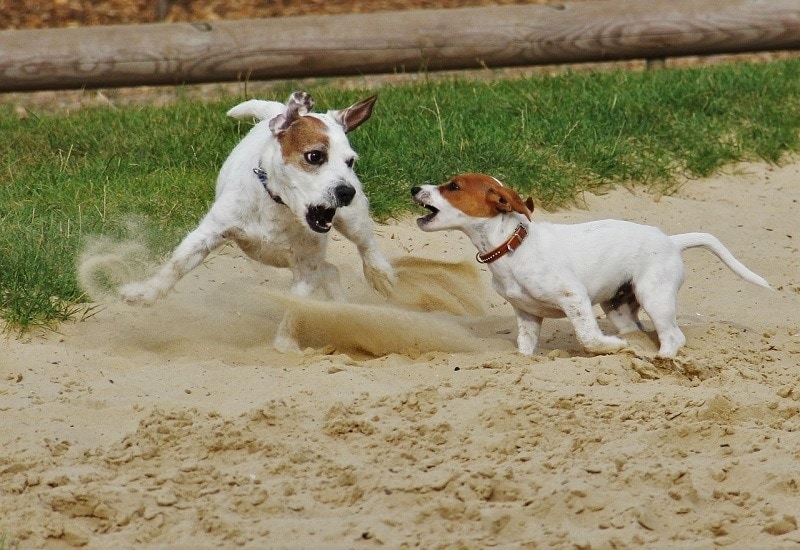
6. Dogs May Bring Pests and Bacteria to Your Yard
Dog waste attracts insects like flies, which spread to your yard and transmit diseases to other pets. Plus, an infected neighbor’s pup can carry diseases, bacteria, and germs through their feces, which puts your family at risk.
Final Thoughts
You may love dogs, but that doesn’t necessarily mean you want them roaming in your yard and leaving you with messes to deal with. None of these methods are foolproof, so you may have to implement every one of them until you find the one that works. Whatever you do, be humane!
Featured Image Credit: Nate Tribbs, Pixabay






